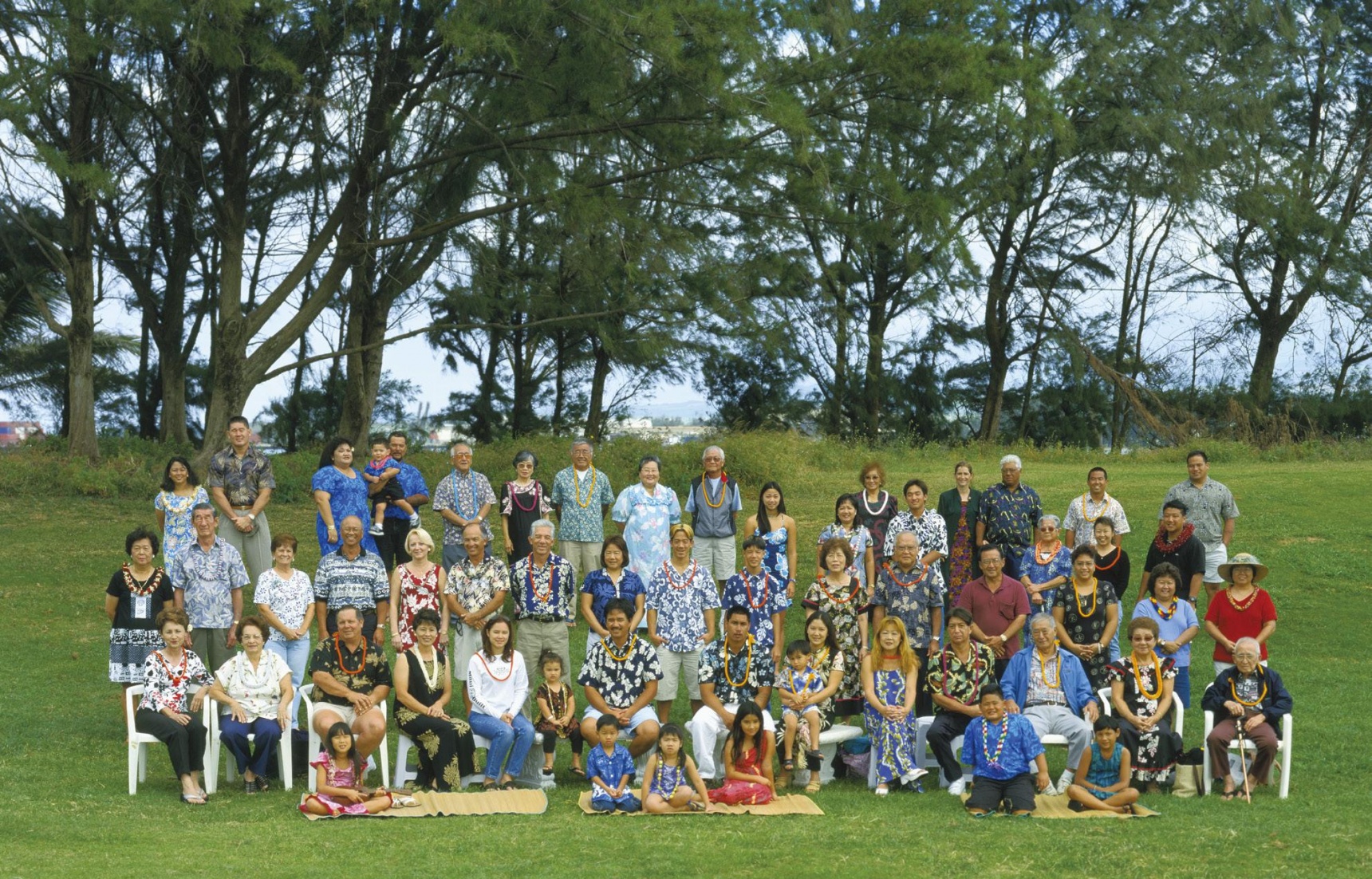Japan Opens a Door to Fourth-Generation Nikkei

This summer the Ministry of Justice began granting special long-term visas to fourth-generation Nikkei Japanese. If they meet the requirements—including having adequate Japanese-language ability and a supporter—applicants can receive a visa of up to five years with no limits on the type of work they do.
By Highlighting JapanAccording to The Association of Nikkei & Japanese Abroad, as of 2016 roughly 3.6 million descendants of Japanese citizens who emigrated from Japan, known as Nikkei Japanese, were living all over the world in places like South America, North America and Oceania. In each of those places, Nikkei create support networks.
First-to third-generation Nikkei who come to Japan are already entitled to residency and can work freely, and many Nikkei are living in Japan on permanent residency visas. In 2017, for example, that included 67,000 Nikkei Brazilians and Peruvians. Generally only fourth-generation Nikkei who were unmarried and dependent children of third-generation Nikkei could claim this visa status, however.

Regardless, a not-insignificant number of other fourth-generation Nikkei admire Japan and wish to live here. Taking this into account, the Ministry of Justice started a system in July 2018 aimed at fourth-generation Nikkei between the ages of eighteen and thirty. They can receive a work visa valid for up to five years, a status similar to first-to third-generation Nikkei. They must satisfy several requirements, however, including having no criminal record, being in good health, having medical insurance coverage, and having funds to cover the costs of returning home. To ensure that their life after coming to Japan goes smoothly, they must also understand basic Japanese at the time of entry, at least at the Japanese-Language Proficiency Test N4 level.
An essential aspect of this new system is having an “immigration supporter” that works free of charge to assist fourth-generation Nikkei in their lives, activities and work after arrival in Japan. Relatives living in Japan, employers—whether individuals or nonprofit organizations—and others can become supporters. The Ministry of Justice is also considering a backup system that would solicit supporters for those without any relatives or acquaintances in Japan.
According to Eiji Takasuga, the Ministry of Justice Immigration Office Entry and Status Division’s chief general examiner, the existence of supporters is vital to implementing this system.
“We referred to the working holiday program for this one and placed no restrictions on activities or work during their stay,” he says. “However, we heard that some third-generation Nikkei living in Japan do not understand Japanese and suffer because they do not fit into the community they are living in. By establishing the need for a certain level of Japanese ability and a supporter, we believe their lives can go smoothly in Japan.”
To ensure that unscrupulous employers do not take advantage of the system, he adds, care must be paid to who is selected as the supporter. “We’ve also created a framework to provide help to the supporter to ease their burden as much as possible.”
Yoshihiro Umehara, deputy director of the Entry and Status Division, has great hopes for these fourth-generation Nikkei. “We want them to experience Japanese culture and deepen their understanding of and interest in Japan,” he says. “We hope that when they return to their home countries, they will talk about Japan’s attractive aspects and help build a bridge between our country and theirs.”
Having young people with Japanese roots come to Japan and experience Japanese culture and society is of huge significance for Japan and Nikkei relations alike. The country hopes that many fourth-generation Nikkei come to live in Japan.
More details are available here on the Ministry of Justice’s website.




